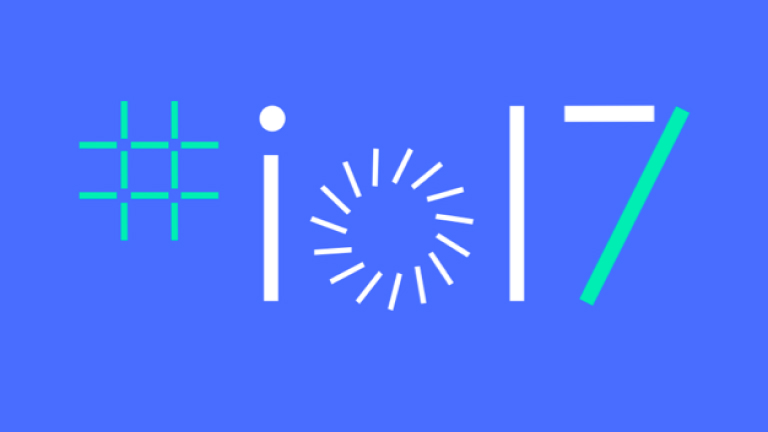The announcements at Google I/O 2017, widely covered in tech media, are sure to have a wider impact beyond just mobile. Sundar Pichai, CEO of Google said in his keynote that ‘we are moving from a mobile-first to an AI-first world and we are rethinking all our products from that perspective’.
Machine learning, artificial intelligence and related technologies are not mere buzz words anymore but increasingly have practical use in our day to day lives. The developer community is also excited about the announcements as it opens up new vistas for customer experience.
Herewith a roundup of announcements at Google I/O 2017 which caught our eye:
Google Lens: interpreting your world
Google Lens, a set of vision based computing capabilities which can understand and identify objects in a live feed or photo is perhaps a glimpse of Google’s future focus. For example, if pointed at a flower it will tell which type of flower it is or identify the author and share reviews if pointed at a book. In a way, it a re-interpretation of Google’s mission statement: to organize the world’s information and make it universally accessible and useful.” Is Artifical Intelligence the new ‘search bar’? Thus far, we have all been used to typing text into a search bar to seek information. Google Lens with its use of AI gives us a glimpse of what’s possible in the future, where devices make sense of what’s around us automatically.

Image Source: Techcrunch.com
Google Android 3.0 with new features
Google announced the release of Android Studio 3.0. Android 3.0 will have new suite of app performance app profiling tool, Kotlin support and Gradle build speeds for large sized app projects.Apart from the above mentioned features, Google also announced support for Instant App development, inclusion of Google Play Store in the Android O emulator system images.Google also said that the Android Instant apps feature is open to all developers for publishing instant apps and it includes over 20 new features for developers.
Source: Android Developers
Google is partnering with HTC and Lenovo on a standalone VR headset. The headsets track virtual space with Google’s WorldSense which works on the technology from its Tango augmented reality system.
The device uses a rendering system called “Suerat” which makes it a high performance device by optimizing 3D graphics.
New #Daydream standalone headsets from partners like @htcvive won’t require a phone or PC. #io17 pic.twitter.com/7TpYPJGEdU
— Google (@Google) May 17, 2017
Virtual Reality is another tool which, if used in the right context can enhance the visual experience of a user. Games, virtual tours are some of the examples of VR usage.
Daydream 2.0 Euphrates with a VR web browser
Google announced a major update to its Daydream VR platform. The update Daydream Euphrates will be available on all phones. To support standalone headsets, it will add a 2D panel that will pop up on top of the virtual environment. It will also have a version of Chrome.As mentioned by Mike Jazayeri, the Daydream director of product management, “the whole idea behind this is, we don’t want to take you out of the VR experience if you need to check notifications or change a setting or pause or do whatever”. Other additional features include better UI with a new dashboard, photo and video screen capture, watching YouTube videos in VR. In the coming months, there will be more devices that support Daydream including Samsung’s Galaxy S8 & S8+ and LG’s upcoming devices.
A more connected and conversational Google Assistant
Google wants its Assistant to be a more connected experience and it is now available for iPhone (for now only in the U.S.). The Google Assistant app on iPhone includes features like navigation, music control, smart home controls and conversational search. It can also make calls, send emails, and set calendar events.
The new Google Assistant SDK allows manufacturers to add Google Assistant to whichever device they are building and late this year it will also be available in multiple languages.
Google Go: OS for low-end devices
Budget phones with basic specifications are the entry to the mobile world in developing countries like Brazil and India. Google Go, a lighter version of Android, is meant to be the OS for such devices. It is aimed to be low on data usage and offers lighter versions of apps using less memory, storage, and data. It will also make it easy to view videos for offline viewing and indicate how much data different quality settings will use. For developers, this means being conscious of app size and memory usage for this important and vast market.
In all, the 2017 edition of Google I/O was about not limiting the event to the Android OS but an indication of future focus areas like artificial intelligence, machine learning and related technologies.





